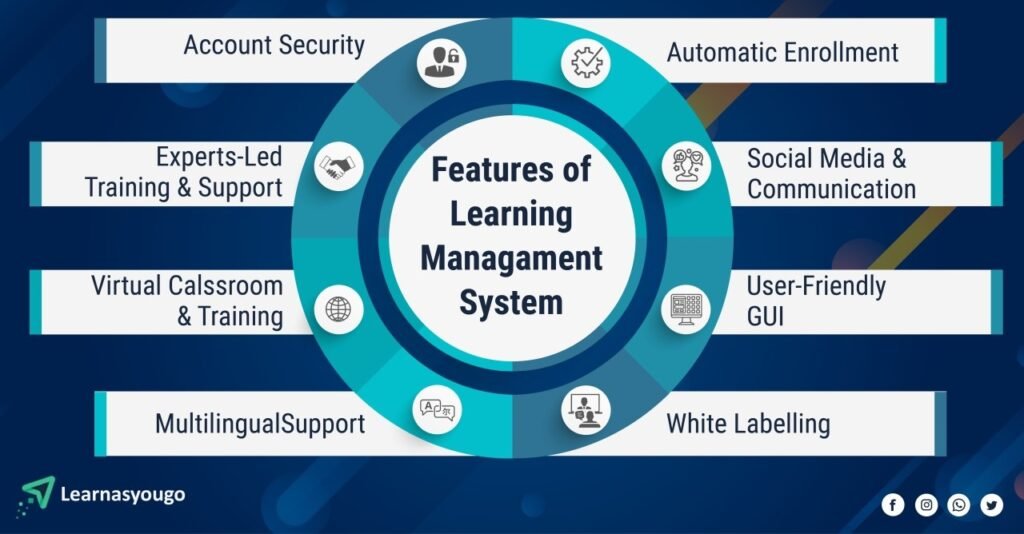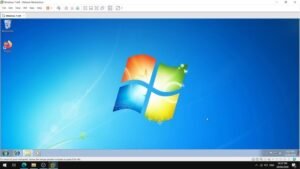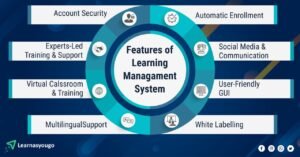Top Features to Look for in a Learning Management System for Quality Assurance

In today’s fast-paced digital world, organizations are increasingly relying on Learning Management Systems (LMS) to deliver training and educational content efficiently. As businesses aim to enhance their workforce’s skills, the role of Quality Assurance (QA) in eLearning has become paramount. A robust LMS can significantly contribute to maintaining quality standards, ensuring that learners receive effective training. This article explores the essential features to look for in an LMS that supports quality assurance objectives.
I. Why Quality Assurance is Crucial in eLearning
Quality Assurance in eLearning ensures that the educational content meets specific standards and effectively enhances learners’ skills. It involves systematic processes that check for content accuracy, relevance, and pedagogical effectiveness. Maintaining high standards in eLearning is essential for several reasons:
- Improved Learning Outcomes: A focus on quality helps ensure that learners acquire the necessary skills and knowledge effectively.
- Consistency: Quality assurance processes standardize training across various programs and departments, leading to uniform learning experiences.
- Regulatory Compliance: Many industries are subject to regulations that require training to meet specific standards. An LMS with QA features helps organizations adhere to these regulations.
In this context, selecting the right Learning Management System for QA with the appropriate features is vital for any organization seeking to optimize its training efforts.
II. Key Features to Look for in an LMS for Quality Assurance
When evaluating an LMS for quality assurance, several key features should be prioritized:
1. Compliance Tracking and Reporting
Compliance tracking is critical for organizations, especially those in regulated industries. An effective LMS should offer tools that monitor adherence to industry standards, regulatory requirements, and internal policies. This feature enables organizations to generate reports that demonstrate compliance, helping avoid legal issues and maintain certifications.
2. Robust Assessment and Testing Tools
Assessment tools within an LMS play a crucial role in evaluating learners’ understanding of the material. Look for features that support various assessment types, including quizzes, exams, and surveys. The ability to provide immediate feedback and analytics on assessments ensures that learners receive the guidance they need to improve their skills.
3. Data Analytics and Reporting Capabilities
Data analytics is vital for measuring the effectiveness of training programs. An LMS should provide comprehensive reporting features that track learner progress, completion rates, and engagement levels. By analyzing this data, organizations can identify trends, address knowledge gaps, and make informed decisions to enhance their training programs.
4. User Roles and Permissions Management
Managing user roles and permissions is essential for maintaining content quality. An effective LMS should allow administrators to assign specific roles to users, ensuring that only authorized personnel can create, edit, or approve content. This control helps prevent errors and maintains the integrity of the learning materials.
5. Customizable Learning Paths
Every organization has unique training needs, and a quality LMS should provide the flexibility to create customizable learning paths. This feature allows organizations to tailor content to align with specific QA standards and learner requirements, ensuring a more personalized learning experience.
6. Integration with Other QA Tools
To maintain high-quality standards, an LMS should integrate seamlessly with external quality assurance tools. This includes systems for tracking compliance, performance management software, and content creation tools. Integration facilitates a streamlined workflow, enhancing the overall quality assurance process.
7. Scalability and Flexibility
As organizations grow, their training needs may change. An LMS that is scalable and flexible can adapt to increasing numbers of users and evolving content requirements. This adaptability ensures that the LMS continues to support quality assurance objectives as the organization expands.
III. Conclusion
Selecting the right Learning Management System is critical for organizations aiming to maintain high standards in eLearning. By prioritizing features such as compliance tracking, assessment tools, data analytics, user roles management, customizable learning paths, integration capabilities, and scalability, organizations can ensure their LMS effectively supports quality assurance goals. Investing in an LMS with these essential features not only enhances training outcomes but also contributes to a culture of continuous improvement within the organization. Emphasizing quality assurance in eLearning ultimately leads to a more competent and skilled workforce, ready to meet the challenges of today’s dynamic business environment.





